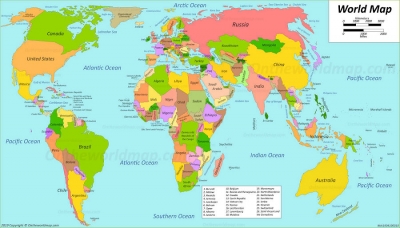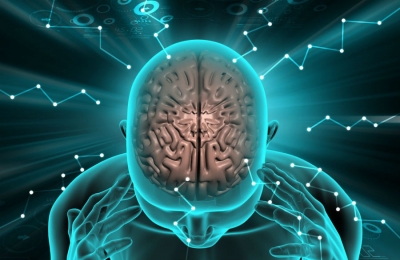ΓΛΩΣΣΟΛΟΓΙΑ-ΔΙΔΑΚΤΙΚΗ
Evolutionary biology can help us understand how language works.
As a linguist, I dread the question, “what do you do?”, because when I answer “I’m a linguist” the inevitable follow-up question is: “How many languages do you speak?” That, of course, is not the point. While learning languages is a wonderful thing to do, academic linguistics is the scientific study of language.
Combining linguistics, archaeology and ancient DNA genetics to understand deep human history
It’s difficult to understand what people mean when they say that a language is “old”. A person is old who was born a long time ago, but a language is recreated by its speakers every generation – so every generation, it changes.
Why people will beat machines in recognising speech for a long time yet.
Imagine a world in which Siri always understands you, Google Translate works perfectly, and the two of them create something akin to a Doctor Who styles translation circuit. Imagine being able to communicate freely wherever you go (not having to mutter in school French to your Parisian waiter). It’s an attractive, but still distant prospect. One of the bottlenecks in moving this reality forward is variation in language, especially spoken language. Technology cannot quite cope with it.
Language alters our experience of time
It turns out, Hollywood got it half right. In the film Arrival, Amy Adams plays linguist Louise Banks who is trying to decipher an alien language. She discovers the way the aliens talk about time gives them the power to see into the future – so as Banks learns their language, she also begins to see through time. As one character in the movie says: “Learning a foreign language rewires your brain.”
Right Hemisphere Involvement in Auditory Processing: A Review
An orthodox opinion within neurolinguistics is left hemispheric lateralization for language processing.

















